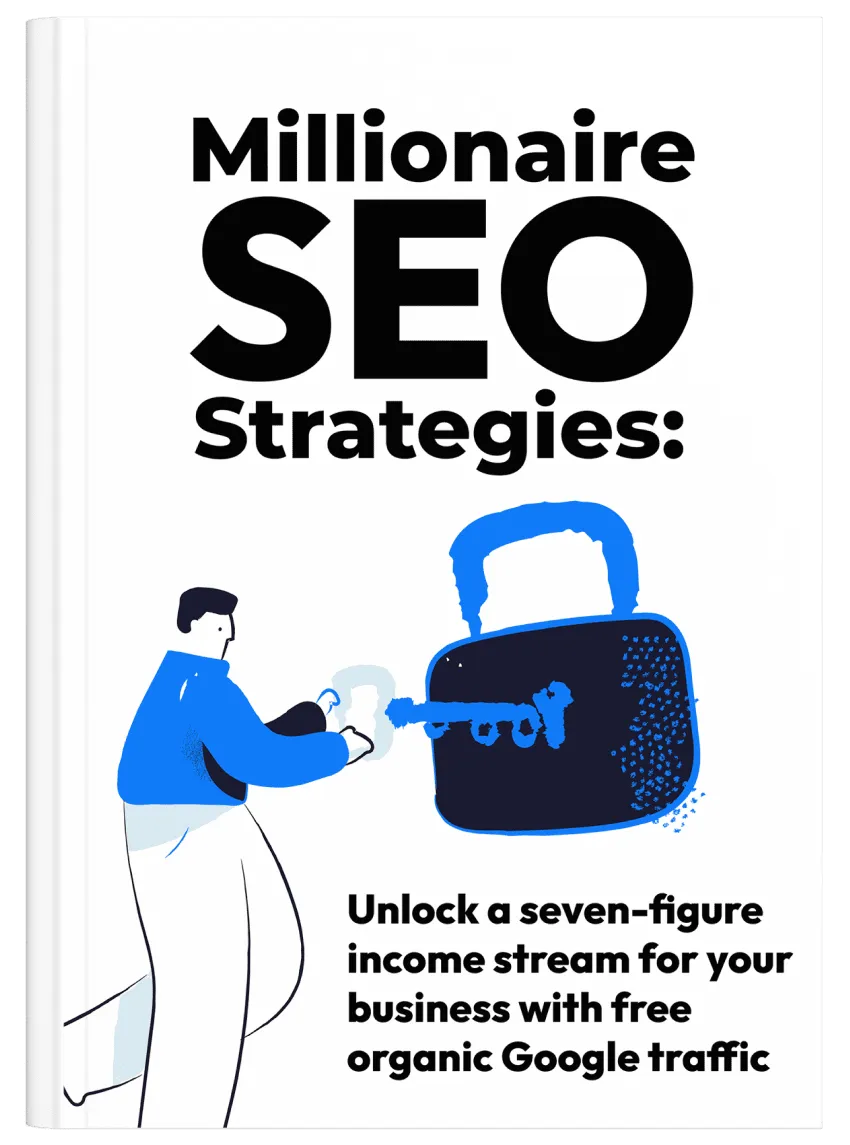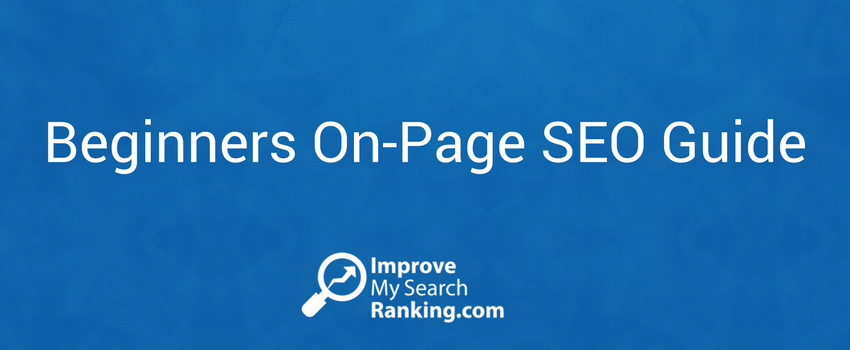
Google explains how it views search results, synonyms, and search intent
Have you ever wondered why Google ranks different websites on the search results pages for two keyword phrases that look very similar? It is not uncommon to see a website ranking for one keyword phrase and then not ranking for another very similar keyword phrase that could even look like a synonym.
Recently, Google’s John Mueller talked about this and how Google views similar-looking keywords and how it interprets the context of the search query before modifying the search results.
During a Google Search Central SEO office hours session this month, someone asked the following question:
“Why might there be tiny differences in synonyms or such terms that make such a big difference in ranking position?”
The example they used had two keyword phrases: “edit video” and “video editor.”
Google looks at the full context of the query
John Mueller answered the question by confirming that Google does not just look at synonyms, but it also looks at the full context of the search query and then makes a decision to change the search results.
“So from our point of view, that can be completely normal, and that’s something where on the one hand, we do try to understand things like synonyms in a query.
But we also try to look at the full context of the query.
And especially when it comes to synonyms, we might assume that something is mostly a synonym, but that doesn’t mean that it’s completely a synonym,” said John Mueller.
He then further elaborated and explained why these two keyword phrases (edit video and video editor) may not be as synonymous as people think, as the search intent of these two queries is likely different.
“When you’re looking at something like “edit video” versus “video editor,” the expectations from the user side are a little bit different.
On the one hand, you want to edit a video. On the other hand, you might want to download a video editor. And it seems very similar, but the things that the users want there are slightly different.
So from my point of view, that kind of makes sense that we would show different rankings there.”
American vs. British English
John Mueller also confirmed that Google takes a similar approach with interpreting words that are spelled differently in American and British English.
“We have the same with things like slightly different spellings of words, like if you have the British or the American version of an English word; if you have a word or letter with an accent and it doesn’t have an accent, we understand that these are mostly the same.
But we also understand that they’re slightly different. And we try to show search results that kind of take that into account.”
Watch the conversation about how Google uses synonyms in this video.
The takeaway
The takeaway here is the context of a search query and the search intent of the users are more important factors.
Do not get tempted to pick keywords that have the most search volume. Instead, think about keywords more strategically and choose keywords that are relevant to the contents of your website and perfectly reflect the search intent of the users.








